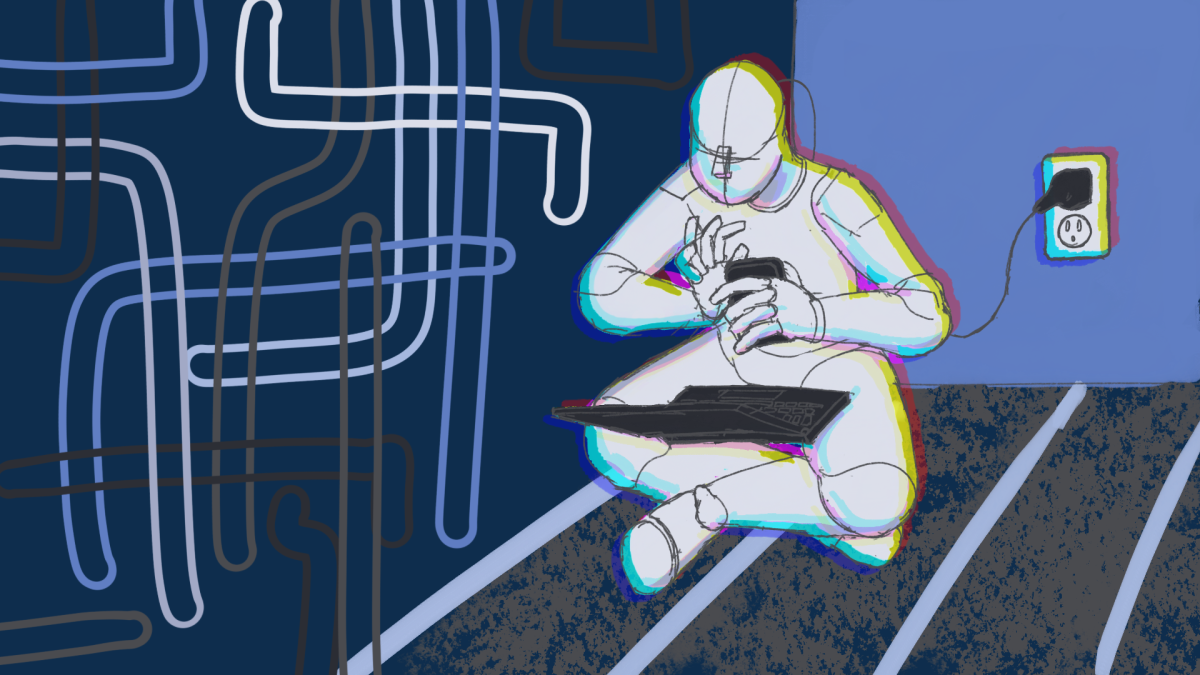I’m definitely guilty of wasting food. I go to the grocery store without a shopping list, so I end up buying too much food, and I make the mistake of letting fruit and vegetables go bad. I feel bad when I clean out my fridge and discover I let something go to waste.
This week The Washington Post ran an article, “Americans throw out more food than plastic, paper, metal and glass.” According to the Environmental Protection Agency, the headline and all of the facts in the article check out. Food accounts for a fifth of our garbage.
According to The Post, people in the United States threw away 34.7 million tons of food in 2012. The next item listed behind food was plastic, of which we threw away 28.9 million tons.
I didn’t think that food would make up the largest part of our garbage, but it does, and this can be lessened.
After reading the statistics in The Post, I thought I’d look up ways that I could reduce the amount of food I throw out. I know my food waste alone makes up barely any part of what’s thrown away overall in the U.S., but I’d like to try at least to reduce that staggering number.
If every person looked at these statistics and thought, “Oh, my food waste is just a small portion of that,” and never changed his or her ways, there would never be any improvement.
Major food corporations and restaurants are responsible for the amount of waste, but I thought I’d focus on how we as college students can reduce our waste.
For one, when we go to the grocery store, we should buy only what we need. It seems hard to resist not putting food you intended on buying into your shopping cart. I know seeing that bag of doughnuts or that box of cookies is difficult to pass up, but think about whether you really intend on eating what you’re buying. Is it just going to sit around and get stale or go bad in your kitchen?
The EPA gives recommendations on its website for preserving food, including freezing extra fruits and vegetables. If you preserve them that way, they won’t go bad, and you’ll have them for later.
Also, thekitchn.com recommends organizing food in your fridge by freshness. When you’re putting groceries away, put the newer items in the back and older ones in the front so those get eaten first.
Wherever you go out to eat, whether at restaurants, buffets or getting the (hopefully) occasional fast food, think about how much you’re actually able to eat. There are times I go out to eat, and I order huge meals without thinking if I’m able to eat everything I order. What can I say, I love to eat, but there are times my eyes are bigger than my stomach, and I end up wasting food.
Even Buzzfeed listed “34 Ways to Waste Less Food,” an article in which there are many helpful tips, including getting to know which fruits and vegetables need to be refrigerated, breaking a bunch of bananas apart so they last longer and investing in Tupperware to store leftovers.
It is hard, especially being so busy in college, to make grocery lists and to plan out meals to cook, but it’s worth it. It’s also worth your time to plan grocery-shopping trips both to reduce food waste and to save money, so you’re not buying more than you need.
According to The Post, “One in every nine people in the world still suffers from chronic hunger—that is, insufficient food—including more than 200 million in Sub-Saharan Africa and more than 500 million in Asia.”
While so many people are affected by hunger, we’re throwing away millions of tons of food.
That fact alone makes me want to try to reduce my food waste. Because, if we don’t individually start to make an effort to accomplish this, it will never change.





